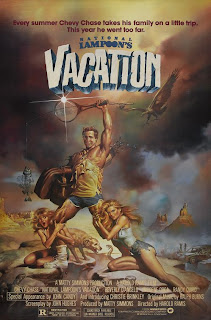
Probably the most complex of the stories we've read is A Good Man is Hard to Find, by Flannery O'Conner. The reason is almost as simple as the story first appears to be. Because nothing in the story actually happened in real life, and none of the characters are real people, we can assume that O'Conner made them all up. Also, because this story is not only in a literature textbook but also being taught in a literature class, we can also assume that it is an example of "good" writing. Therefore, everything in the story, every word, character, place, action, etc., must have a purpose or some deeper meaning, or else it would not be in there. And A Good Man is Hard to Find is chock full of things and actions that must have some sort of purpose. Also, none of these hidden meanings are obvious, and most don't seem to be there at all. This makes the story seem all the more simple, but therefore more complex. At first glance, it appears to just be a story about a family vacation gone tragically wrong, but we know it must be so much more than that, or else analyzing it would be pointless.
Perhaps the most elusive of all the meanings in the play is the Grandmother's final words: "Why you're one of my babies. You're one of my own children!" The more those lines are analyzed, the more complex they are revealed to be. The title is also deceptively simple, like the rest of the story. Were this not a "good" piece of literature, the story would probably be about someone attempting to seek out a good man, and how difficult such a venture would be. This story is nothing like that. In A Good Man is Hard to Find there are men who seem good but may also be bad, and bad men who may also be good. None are sought and none are found. Thus, the title, like the rest of the story, must be a part of the deeper meaning, or else it would not have been included. None of the other stories' meanings are so elusive.


